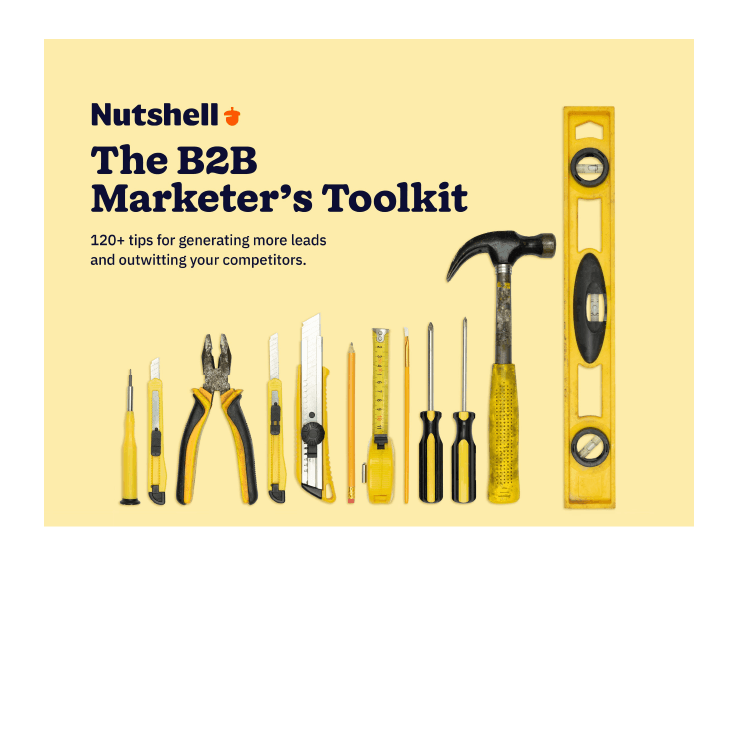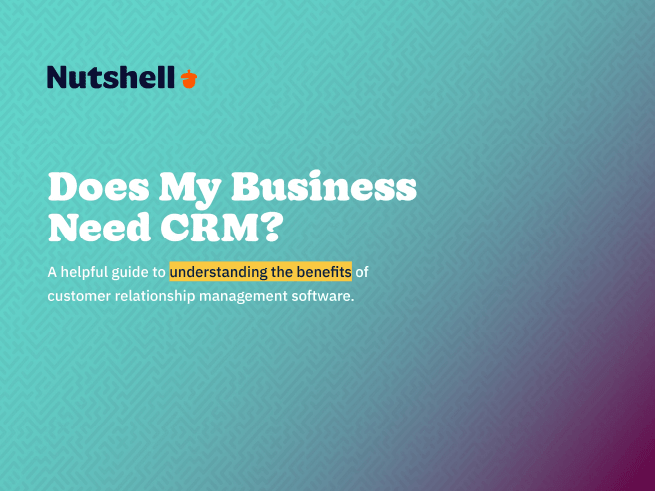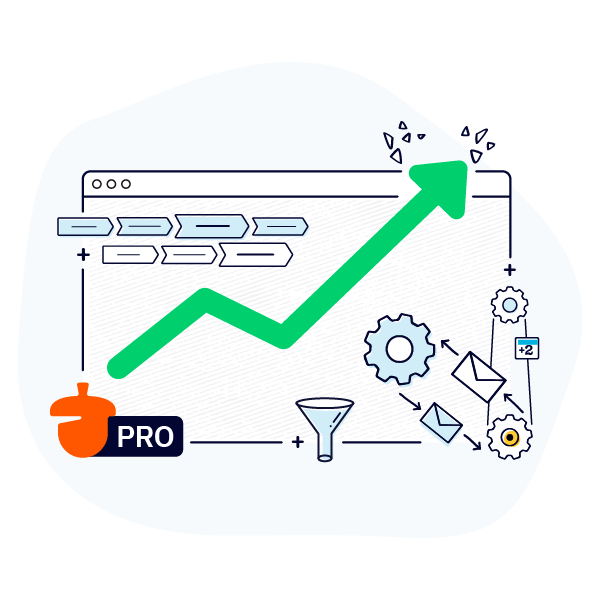
Startup management used to be complicated and time-consuming for companies wanting to scale. But nowadays, with modern software for startups, getting your small business off the ground is easier than ever.
Whether you want to sell or scale your business, here are the software tools to make a productive tech stack for your startup.
These are the five types of software that make up a basic tech stack for startups, plus a few popular tools you can use. Read on to learn more about each type of startup software.

A good productivity and collaboration tool will help team members to be clear on their tasks for the day, week, and month.
With features such as multiple project timeline views and the ability to tag others and comment on specific tasks, these tools can help unify your team to meet your startup goals.
Some popular productivity and collaboration platforms for startups include:

Startups are often comprised of a mostly remote workforce. Communication tools allow you to communicate with remote team members, no matter where they are.
Even when the office and employees share the same area code, good communication software can help members ask questions, clarify, and encourage each other in an online space.
A communication tool can also facilitate smooth correspondence with clients and leads using different formats, such as phone or video calls, depending on their preference.
Communication tools for startups include:

Marketing tools allow you to centralize your messaging across various platforms. Whether you run campaigns on Facebook, LinkedIn, or via email marketing, a good marketing tool will enable you to quickly release campaigns and analyze the performance of your ads across multiple sites.
The real-time data can help you understand your ROI on marketing investments and pivot your efforts where necessary.
Below are a few popular marketing and sales software for startups:
The B2B Marketer’s Toolkit collects 120+ of the best lead generation tips ever published on the Nutshell blog. Download it today!


Customer relationship management (CRM) software helps you create and manage your sales pipelines and business contacts.
For a startup, a good CRM is an invaluable tool for streamlining the sales process and managing and prioritizing your leads all from one platform.
Nutshell is a great CRM option for startups running on a smaller budget. With robust features and easy integrations, this CRM is a simple-to-use yet powerful tool for driving sales and revenue for your business.
Including Nutshell, these are popular CRM platforms for startups:


Accurate data on your sales and marketing results is necessary to improve and optimize your current practices.
That’s why it’s crucial to have accurate data-backed insights and web analytics tools to help you elevate your sales and marketing, especially in the early stages of your business.
Here are some great analytics and reporting tools for startups:
After looking at our recommendations for startup software tools, it can get overwhelming when you want to choose the best software to build a tech stack.
Here are some things to consider as you build the software stack you need:
With these considerations in mind, it’s best to start with the software tool that will affect the bottom line the most, such as a CRM for sales pipeline and contact management. Every business needs to make sales to grow, and a CRM can help you do that.
Nutshell has what you’re looking for.

Having an excellent tech stack for your startup is like having an extra team member that keeps everyone organized and aligned with your startup goals.
We hope this list was helpful in getting you started on finding the right software to help you grow your business.
If you’re looking for a great investment for your startup software budget, consider Nutshell the best place to start.
Sign up today for a 14-day free trial, or contact our team for more information on how Nutshell can elevate your startup.
CRM implementation costs typically range from $500−$5,000 for small startups, depending on the platform and complexity. Nutshell offers affordable plans starting at just $19/user/month with a free 14-day trial, making it budget-friendly for early-stage teams. Most startups see ROI within 3-6 months through improved sales efficiency.
Free CRMs offer basic contact and lead management but lack advanced features like automation, reporting, and integrations. Paid CRMs like Nutshell provide robust functionality, priority support, and scalability as your startup grows. For most startups, investing in an affordable paid CRM delivers better long-term value than free alternatives.
Most startups can implement a CRM in 2-4 weeks with proper planning. Nutshell’s intuitive interface means your team can start using it immediately without extensive training. Early wins—like better lead tracking and faster follow-ups—typically appear within the first 2-3 weeks of active use.
Modern CRMs like Nutshell integrate seamlessly with email, marketing automation, accounting software, and communication tools through APIs and pre-built connectors. Start with your most-used tools and add integrations gradually. Nutshell supports 500+ integrations, eliminating data silos and keeping your tech stack connected.
Common mistakes include choosing based on price alone, overcomplicating your tech stack, and ignoring scalability. Avoid these by prioritizing ease of use, selecting tools that integrate well together, and choosing software that grows with your business. Nutshell balances affordability, simplicity, and powerful features—perfect for startups scaling fast.


Join 30,000+ other sales and marketing professionals. Subscribe to our Sell to Win newsletter!